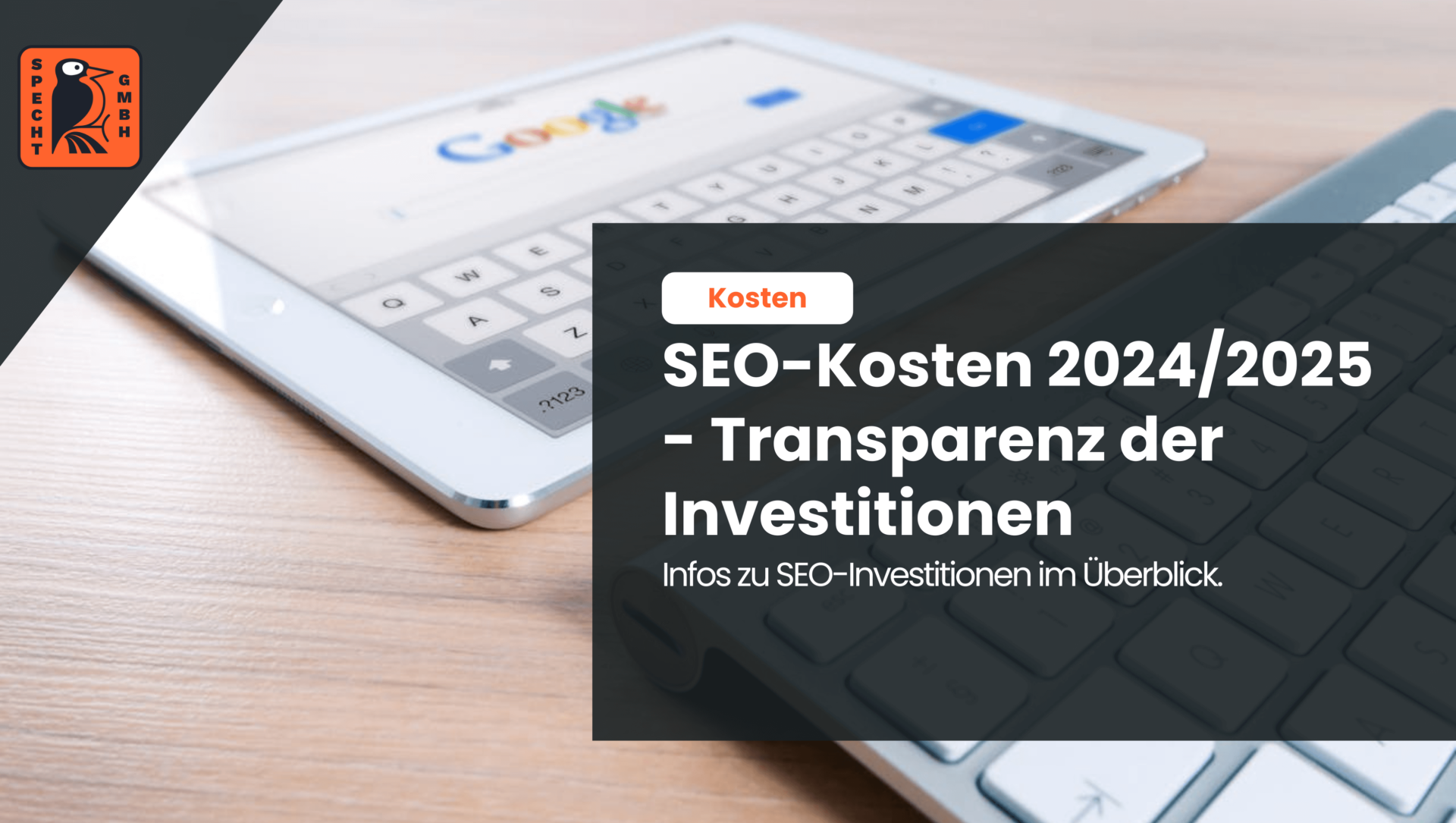In a nutshell: What is a lead?
The term lead originates from the marketing sector. It refers to a contact who is interested in a particular service, product or other information. To find out more, the interested party enters their telephone number or email address, for example.
What is a lead?
The term lead is nothing more than a contact initiation. This is because the interested party is willing to exchange their contact information in order to find out more about a service or product. Once a lead has been generated, the prospective customer can now be provided with further useful information (for example with an email newsletter).
-
Free
SEO strategy meeting
In a free SEO strategy consultation, we uncover untapped potential and develop a strategy to make you more successful on Google.

- More organic visibility
- More organic visitors to your website
- More inquiries & sales
What lead forms are there?
If marketers or entrepreneurs want to generate leads, there are various forms available. It depends on the type of service or product being offered.
Some lead forms are listed below:
An interested party...
- ...subscribes to a newsletter to receive further information in the following process
- ...enters their contact details in order to receive a download. This can be an e-book or a free tool, for example.
- ...makes a specific contact request and is willing to be contacted by a sales representative
- .... fills out a form, for example to take part in a competition
Comparison: Leads are also generated every day in the offline world. For example, when a consultant hands out their business card at a trade fair stand. This step establishes a contact.
- Do you know my SEO newsletter?
Register now and receive regular tips from the experts.
What is lead generation?
Lead generation is necessary to obtain interested parties. This method is indispensable in (ONLINE) MARKETING in order to acquire potential customers.
Marketers and companies can use various marketing measures to generate leads:
- Inbound marketing
- Permission Marketing
- Dialog marketing
Every time a prospective customer is willing to share their contact details, this is a valuable way of generating leads. This is because it can lead to the prospect being converted into a customer later on. Accordingly, lead generation also helps to increase sales. The company grows.
Why is lead generation so important?
As already mentioned, lead generation is essential in order to achieve long-term customer acquisition. It is the basic building block for generating interested parties and associated customers.
As a result, the customer base continues to grow and expand. At the same time, lead generation is also important in order to improve products and/or services in the long term.
If higher quality leads are generated in the long term and the product or service is improved, the company is all the more successful. Sales and profits are increased.
- I am one of the leading SEO experts in Germany
I am known from big media such as Stern, GoDaddy, Onpulson & breakfast television and have already worked with over 100+ well-known clients successful on Google.
Google rating
Based on 185 reviews
Trustpilot rating
Based on 100 reviews
Conclusion: What is lead generation?
Lead generation is ideal for obtaining new customer contacts and associated prospects. In the further course, such interested parties are provided with further information on a product or service, for example. In the long term, the customer base is expanded and sales are increased.






